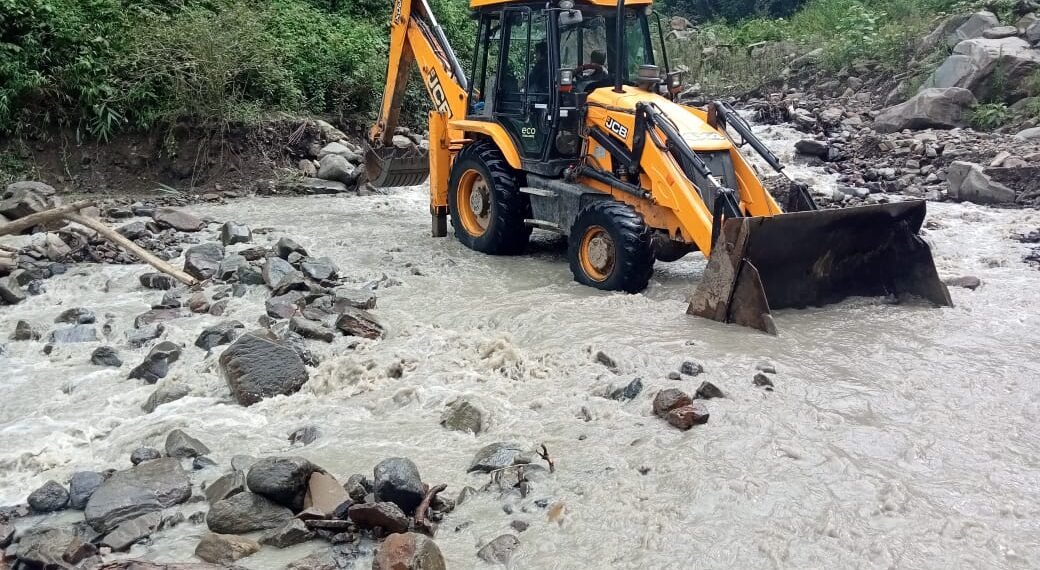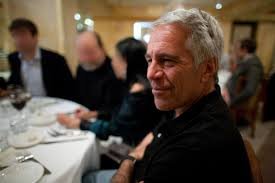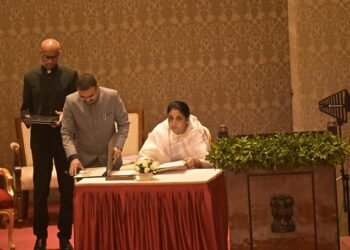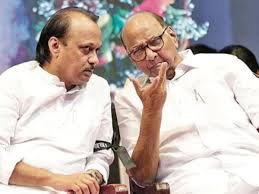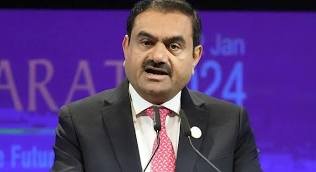The demand for alternative highways—specifically the Churachandpur–Kangpokpi and Tengnoupal–Chandel–Churachandpur routes—has emerged as a battle for survival for Kuki tribal communities in Manipur’s conflict-ridden hills. With key supply roads blocked or made inaccessible since the May 2023 ethnic violence, Kuki civil society sees these routes not merely as infrastructure, but as lifelines.
BY PC Bureau
July 3, 2025 – The Kuki Organization for Human Rights Trust (KOHUR), a group with UN special consultative status, today condemned what it termed “hypocritical and prejudiced” opposition from some civil society organizations against the construction of alternate highway routes in Manipur. KOHUR is demanding the immediate completion of the Lamka (Churachandpur) –Kangpokpi and Tengnoupal–Chandel–(Churachandpur) Lamka roads, which it considers “essential lifelines” for Kuki tribal communities.
Kuki populations have been “physically and economically cut off” since ethnic violence erupted in May 2023, according to KOHUR. The press release highlighted the humanitarian crisis facing Kukis in hill areas, citing that traditional highways—largely controlled by Meitei-majority regions—have become “inaccessible or dangerous.” The group reported numerous incidents where vehicles carrying essential supplies, including food and medicines, were allegedly attacked, looted, or burned, deepening the isolation of tribal populations.
Kuki Organization for Human Rights Trust condemns Meitei opposition to alternative Kuki lifeline routes—Lamka–Kangpokpi & Tengnoupal–Chandel–Lamka. Govt must uphold Article 21 & stop bias. No peace talks without highway completion. pic.twitter.com/wnfWTaTziI
— H S Benjamin Mate (@BenjaminMate1) July 3, 2025
“This opposition [to alternate routes], rooted in deep-seated prejudice and double standards, represents a blatant disregard for the survival and fundamental rights of the Kuki tribal communities of Manipur,” KOHUR’s press release stated.
READ: Manipur Police in the Dock Again: Cop Nabbed in Job Scam
KOHUR further accused the Indian state of failing to intervene or protect minority tribes. The organization described the violence since May 2023 as “one of the most brutal episodes of ethnic violence in India’s recent history” and likened the inaction to a “state-enabled campaign of ethnic cleansing.”
Demand for Alternative Routes Amid Violence
The Kuki community is pushing for two major alternate routes: Churachandpur–Kangpokpi and Tengnoupal–Chandel–Churachandpur. These are designed to bypass Meitei-controlled zones, which Kukis describe as hostile and unsafe following months of ethnic tension. KOHUR reported that work on these routes has relied “entirely on public contributions and volunteer labor,” receiving “no logistical support from the government.”
Despite what KOHUR calls a “dire need,” the organization states that Meitei groups are now objecting to these Kuki-initiated highway projects, accusing them of violating norms or escalating the conflict. KOHUR labels this “deeply discriminatory” and “unacceptable,” particularly since, they claim, these same groups had earlier blocked Kuki access to existing highways.
Incidentally,, on June 30, Imphal-based Manipur CSOs, primarily representing the Meitei community, met with Ministry of Home Affairs officials in Delhi. They submitted a detailed report on the construction of a “343 km-long illegal road along the Churachandpur–Kangpokpi axis,” requesting an investigation and intervention.
KOHUR asserted that “No negotiation or political dialogue claiming to seek peace or normalcy can be considered genuine unless and until these alternate highways are fully constructed and operational as all-weather, double-lane routes.”

Naga Groups Also Oppose Road Construction
Beyond the Meitei community, some Naga groups are also opposing the proposed road. The Committee on Protection of Indigenous Peoples’ Ancestral Land (COPIPAL), a Tangkhul Naga CSO, issued a press release on July 2 condemning the construction. COPIPAL called it a “direct attempt to force a corridor through Naga ancestral land,” stating these invented names are a “cover for territorial aggression.” Their statement declared, “No such road exists, and none will be accepted.”
(Work on process about eight weeks ago on Churachandpur-Kangpokpi road}
COPIPAL warned that any attempt to advance this project would be seen as a “hostile act and met with resolute resistance.” It stated that the Naga people “will not tolerate intrusion disguised as development” and urged the Ministry of Home Affairs to act with urgency and neutrality, emphasizing that supporting the Kuki “wish list” would worsen inter-community relations.
 READ: Richard Gere Joins Dalai Lama’s 90th Birthday in Dharamshala
READ: Richard Gere Joins Dalai Lama’s 90th Birthday in Dharamshala
The Foothills Naga Co-Ordination Committee (FNCC) also issued a press release against what it termed an “illegitimate project” that seeks to force a corridor from Kangpokpi to Churachandpur through Naga ancestral territories. The Committee cautioned that “Any attempt to forcibly insert such infrastructure into our land under the guise of development or otherwise will be considered an act of aggression and deliberate provocation,” adding it “would view any such move as a direct threat to the territorial integrity of the Naga people, and will respond with resolute and unwavering resistance.”
KOHUR Appeals to Central Government, Media
KOHUR has issued a three-point appeal:
- The Central Government must cease “appeasing majoritarian pressures” and protect the rights of all citizens, particularly vulnerable minorities.
- Meitei civil society groups must end their “obstructionist tactics.”
- The Indian media and civil society must condemn the “discriminatory treatment of the Kuki people.”
The proposed alternate highways emerged as a “survival strategy” for the Kukis, who allege they’ve been cut off from the rest of the state and subjected to “systemic neglect.”
KOHUR concluded its statement with a warning: “The Kuki people will not remain silent or gullible in the face of such blatant injustice. We will resist tooth and nail any peace or political arrangement that ignores the basic necessity of our survival.”



